Landlord and tenant disputes can arise due to various issues related to the rental property or the tenancy agreement. Here are some common types of disputes that may occur and steps to address them:
In summary, landlord and tenant disputes can stem from a variety of issues related to rent, repairs, lease terms, or discrimination. Addressing these disputes requires a clear understanding of the rental agreement and local regulations, as well as effective communication between parties. Whether dealing with rent increases, maintenance issues, security deposit disagreements, lease violations, or allegations of discrimination, it is often advisable to resolve disputes through negotiation, mediation, or alternative dispute resolution methods before pursuing legal action. By taking proactive steps and following legal procedures, both landlords and tenants can work towards resolving conflicts and maintaining a positive rental relationship. For expert advice and assistance with any landlord and tenant issues, contact us today to ensure your concerns are addressed effectively.
If you need helps, please feel free to contact us. We will get back to you with 1 business day. Or if in hurry, just call us now.
Call : +61 8 8260 8134
info@enlightlegal.com.au Mon – Fri 09:00-17:00

